Our Basic Philosophy
At Nature Travels we believe strongly in the protection and conservation of the natural world. We also believe that properly managed tourism can bring direct and lasting benefit to both the culture and environment of the area visited.
Nature Travels partners with the Marine Conservation Society and Rainforest Concern to support a range of conservation initiatives.
We work hard to ensure that your experience with Nature Travels is as environmentally and culturally sensitive as possible, as well as to make sure that you receive the highest standards of customer service while you are there. For these reasons, all our providers are local, small-scale operations with a commitment to responsible tourism.
The great majority of our experiences are accessible by public transport and we encourage you to make use of this as much as possible. We provide detailed guidance on how to travel to all our experiences, including how to book train and bus connections where these exist.
Ecotourism Begins at Home
Closer to home, we are continually trying to reduce our environmental footprint as a company. We use recycled and recyclable materials where possible and keep our use of paper resources to a minimum.
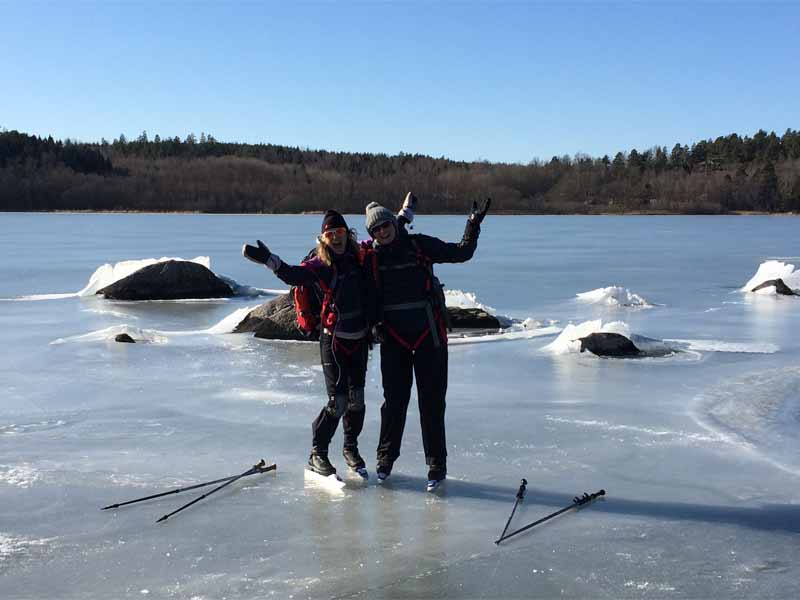
Ice Skating on Natural Ice. Photo: Pauline Swain.
Nature Travels and the Marine Conservation Society
The Nordic countries are large and beautiful regions, and contain many unique areas of outstanding natural beauty. Because we aim to support and protect the environment, biodiversity and wildlife, we donate 1% of our profits each year to environmental and wildlife conservation projects and charities in the UK and worldwide.
In the past, this has included conservation projects dedicated to the White-tailed Sea Eagle, Arctic Fox and Wolf in the Nordic Countries and a wildlife rescue centre in the UK.
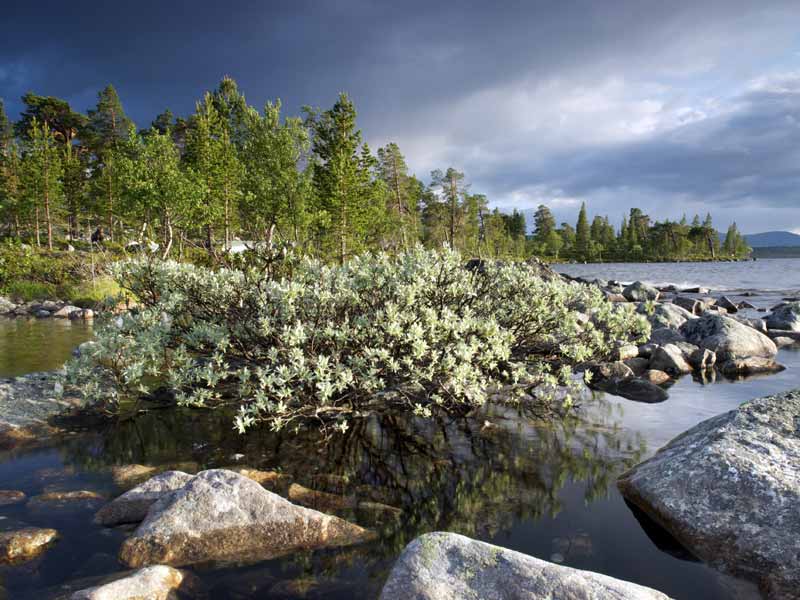
Discover Wilderness Canoeing in Rogen. Photo: Sebastian Nufer.
Since 2015, we have been partnering with the Marine Conservation Society to support their work through collecting voluntary donations from our guests. The MCS has also been our chosen charity partner for our annual corporate donation in some years.
The Marine Conservation Society (MCS) is a charity working for the protection of marine ecosystems in the UK and worldwide, including habitat protection, turtle conservation programmes and sustainable fisheries management.
Find out more about how Nature Travels and our guests are supporting the Marine Conservation Society.
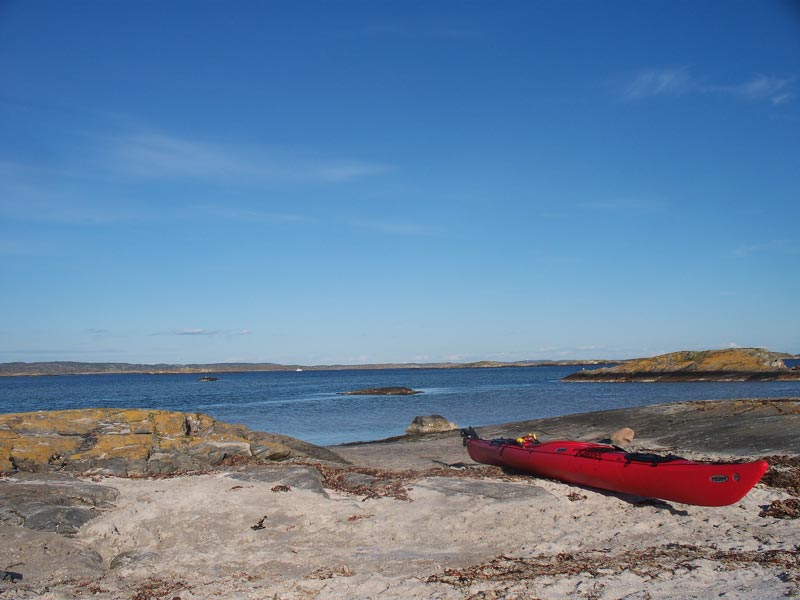
Self-guided Sea Kayaking in Bohuslän. Photo: Jed Richards.
Nature Travels and Rainforest Concern
Through our partnership with Rainforest Concern, you have the opportunity to contribute to the protection of an irreplaceable and enormously valuable habitat - the Neblina Reserve in north-west Ecuador.
Not only does the protection and expansion of the reserve make a contribution in the fight against climate change, but it also secures the habitat of a wide range of flora and fauna and has significant benefits for the local community.
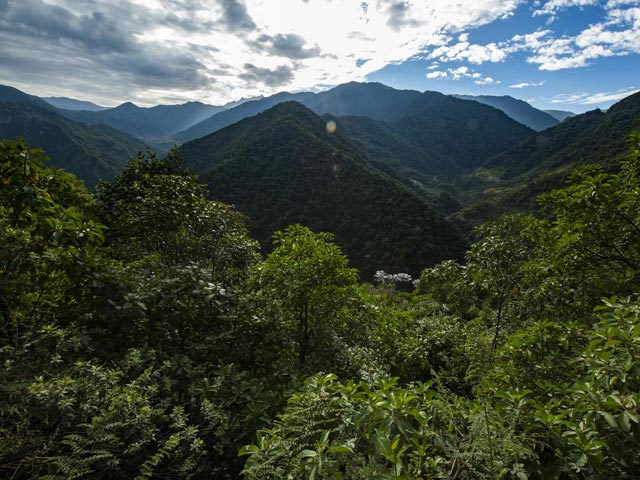
The Neblina cloudforest reserve in Ecuador. Photo: Murray Cooper for Rainforest Concern.
When booking, we offer you the option to include a small donation, which we forward to Rainforest Concern on your behalf for the Neblina Reserve conservation programme. Every £50 we collect sponsors the protection of one acre of cloudforest.
Since 2023, Rainforest Concern has also been our chosen charity partner for our annual corporate donation. Through our partnership with Rainforest Concern, for 2023, we supported the involvement of local children in conservation activities in Ecuador. In 2024, we purchased vital equipment for rangers working in protected areas there, while in 2025 the funds contributed to a species monitoring programme using tree-mounted camera traps. Find out how our 2023, 2024 and 2025 donations were used here.
Our Ecotourism Policy
Definition of Ecotourism by The International Ecotourism Society: "Responsible travel to natural areas that conserves the environment and sustains the well-being of local people."
Tourism is often described as the "world's biggest industry" on the basis of its contribution to global GDP, the number of jobs it generates and the number of clients it serves. The rate at which tourism continues to grow presents both opportunities and threats for the conservation of biodiversity and local culture.
Tourism in key biodiversity areas can be both an opportunity for conservation and a threat to biodiversity. Nature Travels believes that carefully planned and implemented tourism can be a sustainable economic opportunity for local communities as well as a successful conservation strategy. Ecotourism can provide income to local people and, by its reliance on healthy ecosystems, offer a powerful incentive to conserve and protect biodiversity. People who earn their living from ecotourism are more likely to protect their natural resources and support conservation efforts.

Discover Dog Sledding in Jämtland. Photo: NHF.
Our commitment is to offer experiences that have minimum impact on the local environment, culture and resources. We are also committed to ensuring that local communities benefit from our business. All providers of Nature Travels experiences are small-scale local businesses owned and managed by local people. Our customers contribute directly to the economy of the areas they visit.
Nature Travels is deeply committed to the conservation of our natural world and each year we donate 1% of our pre-tax profits to support conservation work in the UK and worldwide.
Through co-operation with Rainforest Concern, we offer our customers an opportunity to reduce the climate impact of their trip by supporting forest conservation programmes which contribute to climate change mitigation as well as enhancing biodiversity.
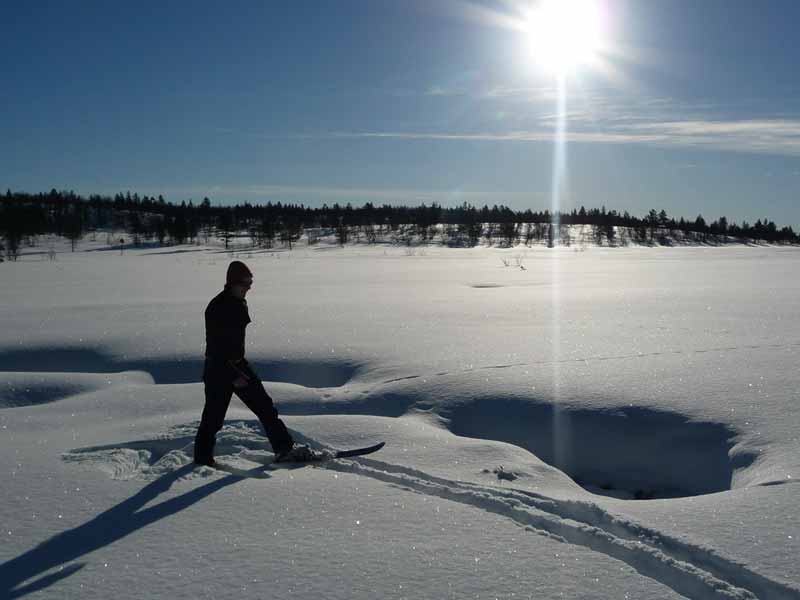
Backcountry Skiing and Northern Lights in Finnish Lapland. Photo: Tristan Hale.
There is a clear need for all of us working in the travel industry to ensure that the positive aspects of tourism are developed and that negative aspects are reduced or avoided by developing a responsible approach to tourism. In this way, tourism can make a real contribution to the long-term future of a country's wildlife, people, culture and heritage.
Tips for the Eco-tourist
- Support companies that employ local people and purchase locally grown foodstuffs.
- Never touch, chase or harass wildlife.
- When paying locals for goods or services, make every effort to offer a fair price.
- Seek out responsible, environmentally-sensitive accommodation providers.
- Follow all advisories, rules and regulations regarding protected areas, water sources and wildlife habitats.
- Be sensitive to where, how and when you take photographs.
- Learn a few words of the local language and use them when meeting people. See About Sweden, About Norway and About Finland.
- Be respectful of local people's peace, privacy and land.
- Take nothing with you and leave nothing but footprints.



